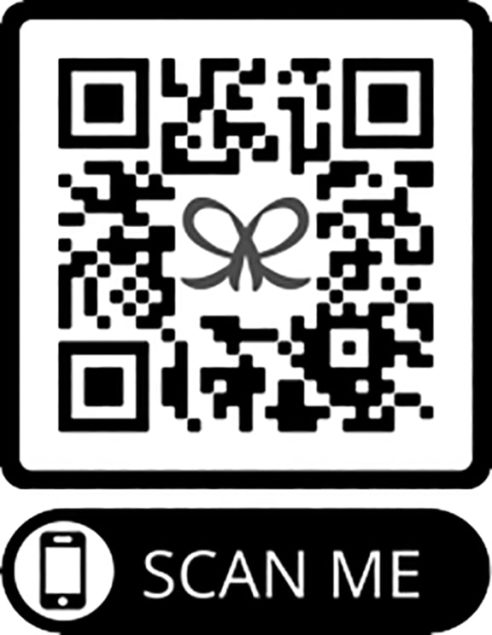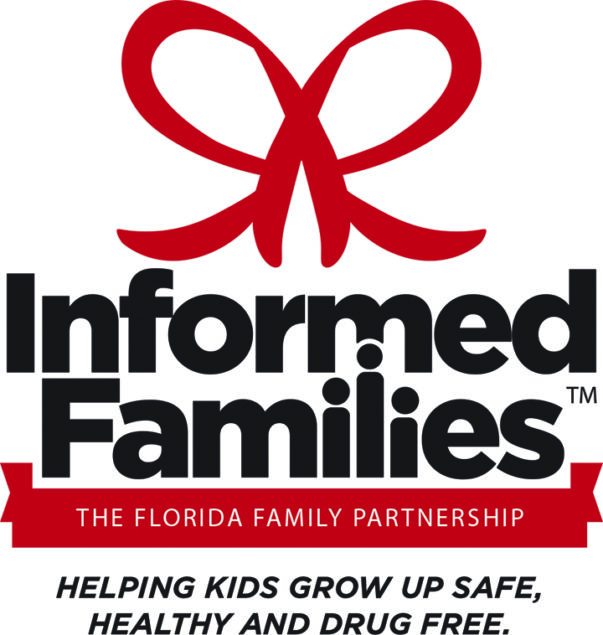|
Getting your Trinity Audio player ready...
|
The Parent Peer Group (PPG) is an educational support system for parents. Parent Peer Groups create fun, frequent opportunities for parents to share thoughts, activities and philosophies on “what works”.
Parent Peer Guides are guided by the Informed Families’ Parent Pilot Kit, a science-based, proactive notebook designed to educate and involve parents of pre-teens and teens in creating a safe, healthy, drug-free lifestyle. Parent Peer Groups can be organized at a school, your congregation or house of worship, home or restaurant where your family frequents, places where parents can be comfortable and speak freely.
The initial four sessions will focus on four key topics called agendas:
Brain Development – How the teen brain develops and the harmful effects of drugs and alcohol.
Harmful Media – Understanding media (TV, Internet, Radio, Print) messages and changing their impact in your home.
Social Norms – Identifying and changing social norms affecting your family.
Building Parent Peer Groups – How to create and expand the positive impact of Parent Peer Groups in your community.
The goal of a Parent Peer Group is to provide parents the skills to set boundaries and monitor their pre-teens and teens behavior by creating an informal support system with their children’s friends, parents and in their children’s schools. By fostering communication between parents, Parent Peer Groups help parents maintain a healthy environment for their children, pre-teens and teens by keeping them safe, healthy, and drug-free.
The Alcohol Literacy Challenge
The Alcohol Literacy Challenge (ALC) is a brief classroom-based program designed to alter alcohol expectancies and reduce the quantity and frequency of alcohol use among high school and college students. Alcohol expectancies are an individual’s beliefs about the anticipated effects of alcohol use, including those that are positive (e.g., increased sociability, reduced tension) and negative (e.g., impairments to mental and behavioral functioning, increased aggressiveness or risk taking).
The goal of this course is to enable prevention providers to reach larger numbers of children with effective prevention education. Imagine how many more schools will be receptive to an alcohol education program proven to reduce underage and binge drinking, when they are asked only ask for 50-90 minutes of class time. In addition to schools, classroom based applications of alcohol expectancy challenges can be used with college orientations, after-school programs, life-skill trainings for athletes, community events, and faith-based youth outreach programs.
You are able to take this course for free at https://alcoholliteracychallenge.com/alc/free-course/guruprograms/1-alc-training/3-alcohol-expectany-theory
Would You Like a Parent Peer Group in Your Community?
If you would like to start a Parent Peer Group in your neighborhood or just find out more information about attending one, call Informed Families at 305-856-4886 or email the Statewide Program Director, Christine Stilwell at cstilwell@informedfamilies.org.








